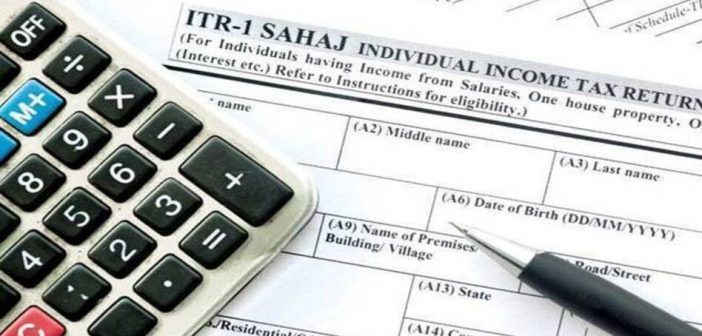Understanding the intricacies of income tax can feel daunting, but in India, taxpayers have the choice between two distinct regimes: the old regime and the new regime. Let’s delve into the specifics of each and help you decide which path best suits you.
The Old Regime: Familiarity with Deductions
The old regime, also known as the traditional regime, offers a wider array of deductions and exemptions that taxpayers can claim against their taxable income. These deductions can significantly reduce your tax burden, encompassing expenses like house rent allowance (HRA), medical expenses, travel allowances, interest on loans, and investments in specific schemes. However, the old regime comes with its own set of drawbacks. The tax slabs themselves are higher compared to the new regime, and the filing process can be more complex due to the need to maintain and submit documentation for claimed deductions.
The New Regime: Simplicity with Lower Rates
The new regime, introduced in 2020, boasts a simpler tax structure with lower tax rates compared to the old regime. It eliminates most deductions and exemptions, making tax filing a more streamlined process. However, the benefit of lower tax rates might be offset for some individuals who heavily rely on deductions offered under the old regime. Additionally, the new regime offers a higher tax rebate for lower income brackets, making it potentially attractive for those earning up to ₹7 lakh annually.
Weighing the Pros and Cons: Choosing the Right Regime
Here’s a quick breakdown to help you decide:
- Old Regime Pros: Suitable for those with high deductions, allows for tax planning through various investment options.
- Old Regime Cons: Complex filing process, higher tax slabs for certain income brackets.
- New Regime Pros: Simpler filing, potentially lower tax rates, higher tax rebate for lower income earners.
- New Regime Cons: Limited deductions can lead to higher tax outgo for some.
Making an Informed Decision
The choice between the old and new regimes depends on your individual circumstances. Consider your income level, the types of deductions you typically claim, and your comfort level with tax filing complexities. If you have a significant amount of deductible expenses, the old regime might be more beneficial. However, if you value simplicity and potentially lower tax rates, the new regime could be a good fit.
Remember: It’s always advisable to consult a tax professional for personalized advice based on your specific financial situation. They can help you calculate your tax liability under both regimes and recommend the option that minimizes your tax burden.





